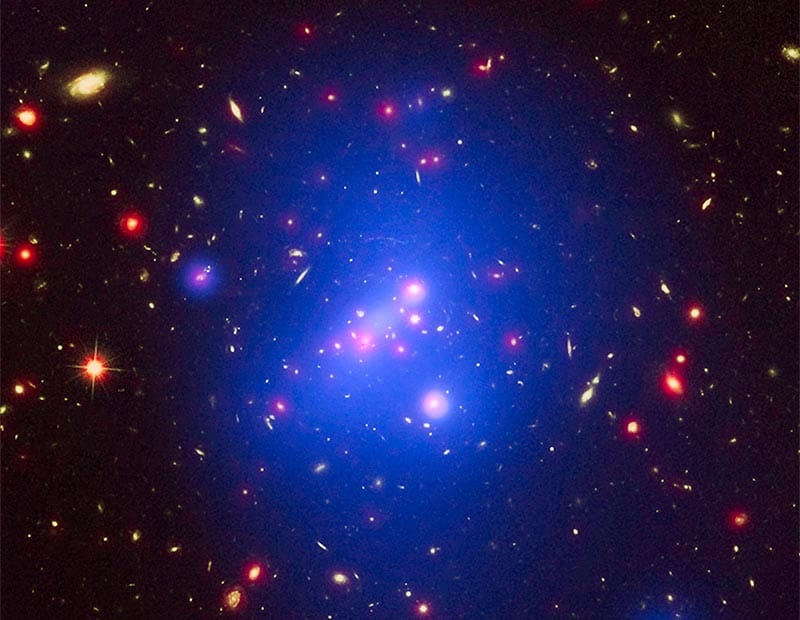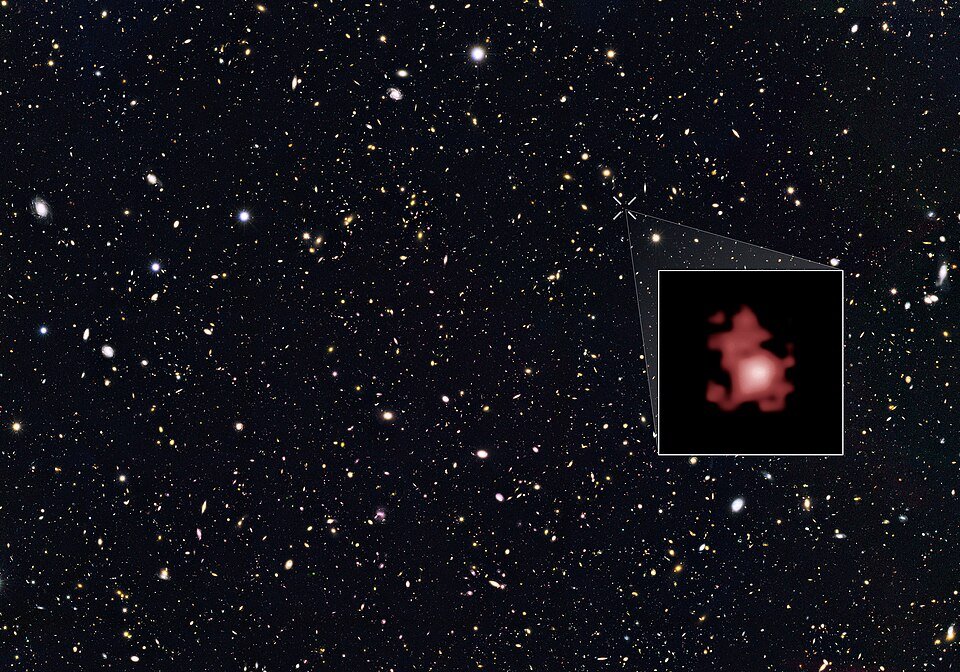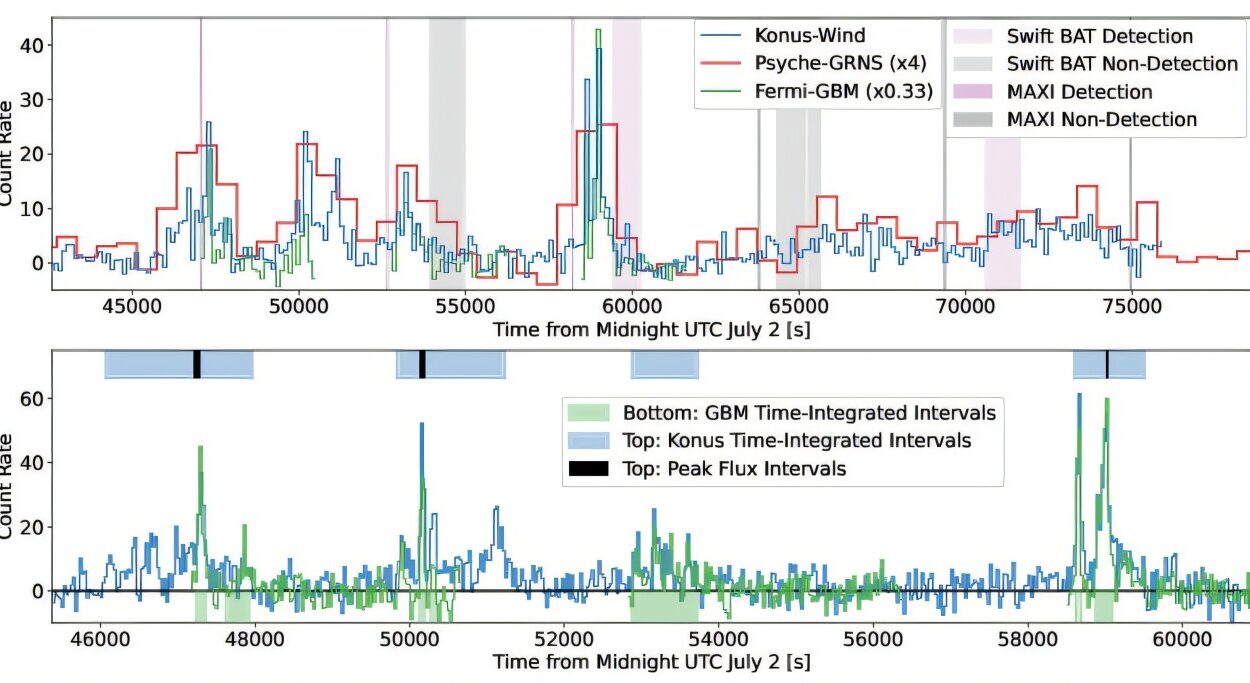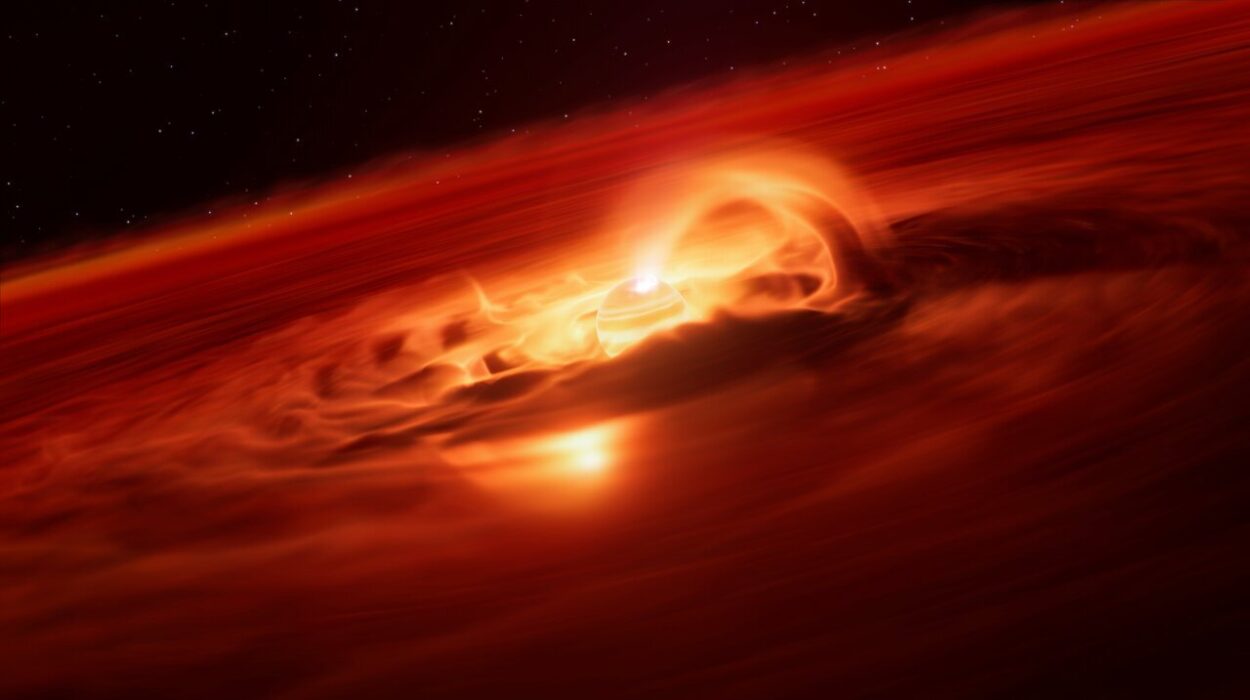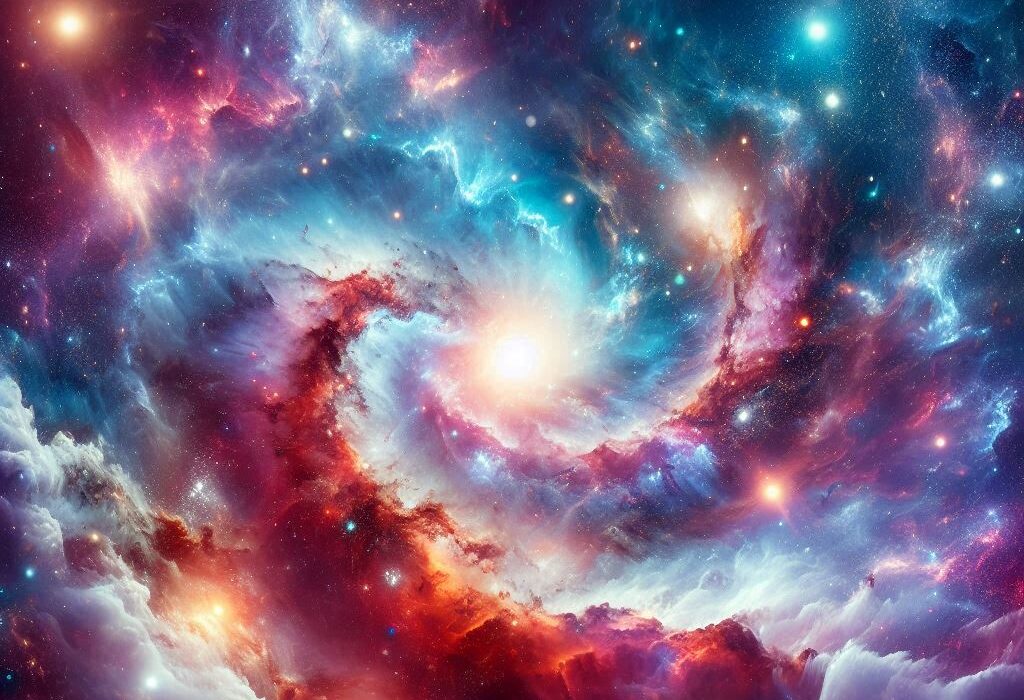We live on a small, spinning rock orbiting an average star, in a galaxy among hundreds of billions, inside a universe so vast that the human mind struggles to grasp its scale. For all our progress—for all the rockets we’ve launched, the particles we’ve smashed, and the equations we’ve solved—there remains a staggering truth: we still don’t understand most of what’s out there.
Science is often seen as a torchlight, illuminating the unknown. But in the face of the cosmos, even our brightest theories flicker. The deeper we look, the more we realize how little we know. Invisible matter that holds galaxies together. An unseen energy pushing the universe apart. The possibility of infinite realities. The question of why the universe even exists.
These aren’t just technical riddles for physicists in lab coats. They are the beating heart of humanity’s search for meaning. They challenge what we think is real. They blur the lines between science and philosophy. And they remind us that despite our cleverness, we are still standing at the edge of an ocean of mystery.
This article dives into ten of the most profound and puzzling questions that modern science cannot yet answer. These are the unsolved mysteries of the universe—not in the sense that we’ll never understand them, but in the sense that they remain active frontiers, where discovery awaits.
Some of these mysteries could be cracked tomorrow. Others may take centuries. A few might never yield at all.
But in the questions themselves lies something sacred: the human desire to know, to explore, and to wonder.
Let’s begin.
1. What Is Dark Matter Made Of?
Look up at the night sky. Everything you see—every star, planet, cloud of gas, and galaxy—makes up just about 5% of the universe. The rest? We can’t see it. But we know it’s there.
Dark matter, making up roughly 27% of the universe, does not emit or absorb light. It doesn’t interact with electromagnetic radiation at all. We can’t see it. We can’t touch it. But we can detect its influence.
How? Through gravity.
Galaxies rotate too fast for their visible mass to hold them together. They should be flying apart. But they aren’t. Something—something invisible—is exerting extra gravity, holding them in place. That “something” is what we call dark matter.
But what is it? Some theories suggest it’s made of particles that don’t fit into the Standard Model of physics—like WIMPs (Weakly Interacting Massive Particles) or axions, hypothetical particles with bizarre quantum properties. Others propose it could be primordial black holes or modifications to gravity itself.
Despite decades of experiments deep underground and in space, we’ve never captured a single dark matter particle. It remains a ghost in the machinery of the cosmos, unseen and unexplained.
2. What Is Dark Energy—and Why Is the Universe Expanding Faster?
If dark matter is mysterious, dark energy is even more so. In the late 1990s, astronomers made a shocking discovery: the universe isn’t just expanding—it’s accelerating.
That defied everything we expected. Gravity should be slowing the expansion. Instead, it’s speeding up. What could be causing that?
Enter dark energy: a hypothetical force making up a staggering 68% of the cosmos. It acts like a repulsive gravity, pushing galaxies away from each other faster and faster.
We don’t know what dark energy is. It could be the cosmological constant Einstein once introduced (and then called his greatest mistake). Or it could be some dynamic, evolving field called quintessence.
Whatever it is, dark energy will shape the ultimate fate of the universe. Will it stretch space forever until galaxies tear apart in a Big Rip? Or will it slow down and reverse, leading to a Big Crunch? For now, we have only guesses.
3. What Happened Before the Big Bang?
The Big Bang is the most successful model of our cosmic origins. About 13.8 billion years ago, space itself began expanding from an unimaginably hot, dense state. Time and space as we know them emerged.
But what came before?
That’s the catch. According to General Relativity, the Big Bang wasn’t just an explosion in space—it was the creation of space and time. In that view, asking what came “before” is like asking what’s north of the North Pole.
But physicists aren’t content with philosophical boundaries. Some theories suggest the Big Bang was just one bounce in a cyclical universe, forever oscillating between expansion and contraction. Others propose we live in a multiverse, and our Big Bang was a bubble nucleation event in a sea of inflation.
Still others speculate on quantum gravity effects that could resolve the initial singularity, like loop quantum cosmology, which suggests a previous universe collapsed and rebounded into ours.
At this cosmic dawn, science meets its limits—and also its boldest hopes.
4. Are We Alone in the Universe?
One of the most profound questions ever asked: Are we alone?
With over 100 billion galaxies, each with hundreds of billions of stars, many orbited by planets, the odds seem in favor of life being common. Yet, we haven’t found any sign of it. No messages. No probes. No distant radio signals or megastructures. Nothing.
This silence is known as the Fermi Paradox: If intelligent life is common, why don’t we see evidence of it?
Explanations range from the hopeful to the horrifying.
Maybe alien civilizations self-destruct before they can spread. Maybe they’re watching us silently, as in the zoo hypothesis. Or maybe life is extremely rare, and we’re a freak cosmic accident.
Then there’s the Great Filter theory: some stage of evolution—biological or technological—is nearly impossible to pass. If the filter is behind us, we are special. If it’s ahead, we may be doomed.
Missions like the James Webb Space Telescope and SETI are searching the skies. But for now, the universe answers with silence.
5. What Is the Nature of Time?
Time is something we feel deeply—ticking clocks, aging bodies, memories stacked like cards. But what is time?
Physicists don’t agree. In Einstein’s theory of relativity, time is not absolute. It dilates—moves slower near gravity or at high speeds. GPS satellites must adjust their clocks for this reason.
In quantum mechanics, time flows relentlessly forward. But in many equations of physics, time isn’t even needed—it disappears from the math entirely. Time may not be fundamental.
Is time just a human illusion, emerging from the way we process entropy—the increase of disorder?
And why does time only flow forward? The laws of physics are mostly time-symmetric; they work the same if time runs backward. But in the real world, eggs break but don’t un-break. Stars explode but don’t un-explode.
What anchors the arrow of time?
Some physicists think it stems from the initial low-entropy state of the universe. Others believe time might be an emergent property of quantum entanglement. Either way, our understanding of time is far from complete.
6. Why Does the Universe Exist at All?
Perhaps the deepest question of all: Why is there something rather than nothing?
The laws of physics allow for a universe to emerge from a vacuum. Quantum fluctuations in a field could give rise to a universe like ours. But that only answers how it came to be, not why it had to be at all.
Even more baffling is the balance between matter and antimatter. The Big Bang should have created equal amounts of both. But somehow, there was a slight excess of matter—about one particle per billion—that allowed everything we see to exist.
Why the imbalance?
Theories such as CP violation try to explain this asymmetry, but no experiment has nailed it down.
If there had been perfect balance, the universe would be a fog of radiation—no stars, no planets, no us.
So the existence of reality is not a given. It’s a razor-thin fluke—or the outcome of deeper laws we haven’t yet uncovered.
7. What Lies Inside a Black Hole?
Black holes are the strangest objects in the universe. Born from collapsed stars, they are points of infinite density—singularities—wrapped in event horizons, from which not even light can escape.
But what actually happens inside?
Einstein’s equations break down at the singularity. Time and space swap roles. Gravity becomes infinite. This is where quantum gravity is needed, but we don’t yet have a complete theory that unites general relativity with quantum mechanics.
Worse, black holes seem to destroy information. If something falls in, what happens to its quantum data? According to Hawking radiation, black holes can slowly evaporate over time. But where does the information go?
This led to the famous black hole information paradox. If information is truly lost, it violates the rules of quantum mechanics. Some believe it leaks out via Hawking radiation. Others think it’s stored on the event horizon, in a holographic way.
Until we reconcile gravity and quantum theory, the truth remains hidden beyond the horizon.
8. What Is Consciousness?
It seems like an odd question for a list of cosmic mysteries. But human consciousness—the experience of being aware—is one of the most mysterious phenomena in the universe.
How does matter—atoms, molecules, neurons—give rise to the richness of subjective experience? Why should electrical signals in a brain produce pain, joy, or the color red?
This is the hard problem of consciousness, a term coined by philosopher David Chalmers. Neuroscience can trace brain activity, but it doesn’t explain why certain patterns feel like something.
Some theorists propose that consciousness is an emergent property of complex computation. Others argue it’s a fundamental feature of the universe, like space or time.
There are even panpsychist views that suggest consciousness might be a property of all matter at some level.
And here’s the cosmic twist: If alien civilizations exist, could they experience reality in a completely different way? Would their consciousness be machine-based? Quantum? Could the universe itself be conscious?
We don’t know. But the fact that the universe contains entities capable of asking about their own awareness is a mystery of staggering depth.
9. Are There Other Universes?
For centuries, we thought the Earth was the center of everything. Then the Sun took its place. Then our galaxy. Now, even our universe may not be the whole picture.
The idea of a multiverse suggests our universe is just one bubble in a vast cosmic foam of other universes—each with its own laws of physics, particles, even dimensions.
This arises naturally from several theories:
- Cosmic inflation may generate endless bubbles of space-time.
- String theory allows for 10⁺⁵⁰⁰ different possible universes.
- The many-worlds interpretation of quantum mechanics suggests every quantum event splits the universe into alternate versions.
But if other universes exist, can we ever detect them?
Some propose we might see collision scars in the cosmic microwave background if our universe brushed against another. Others look for imprints in gravitational waves.
So far, the multiverse remains a hypothesis—untestable, perhaps even unscientific. But its possibility forces us to reimagine the very scale of reality.
10. How Will the Universe End?
Everything that begins must end. But how the universe ends is still an open question—and the answers range from gentle fading to cosmic catastrophe.
If dark energy remains constant, the universe will continue expanding forever in a Big Freeze. Galaxies will drift apart. Stars will die. Black holes will evaporate. In trillions of years, only cold, dark emptiness will remain.
If dark energy grows stronger, space itself could tear apart in a Big Rip, shredding atoms and spacetime itself.
Alternatively, if dark energy decays or reverses, gravity could pull everything back in a Big Crunch, ending in a new singularity—and maybe a new Big Bang.
Some propose a Big Bounce cycle of expansions and contractions. Others imagine exotic ends involving vacuum decay—where a more stable state of quantum fields wipes out the universe at the speed of light.
We live in a temporary universe, but its final curtain remains unwritten.
The Beauty of Not Knowing
Science is not about having all the answers. It’s about asking better questions.
Each of these unsolved mysteries of the universe reveals not failure, but progress. We’ve come so far that our puzzles are now about things invisible, theoretical, and infinitely vast. That is a triumph.
And perhaps the greatest mystery is that the universe, in all its cold vastness, gave rise to creatures who can wonder about it.
Somewhere in those questions may lie the secret not just to the cosmos—but to ourselves.
